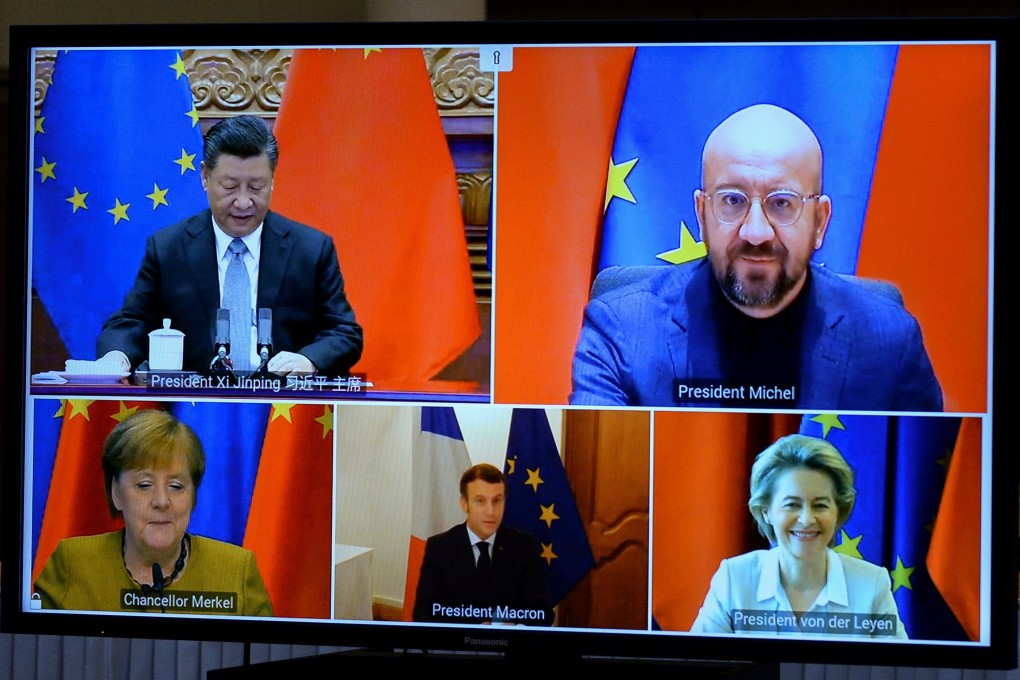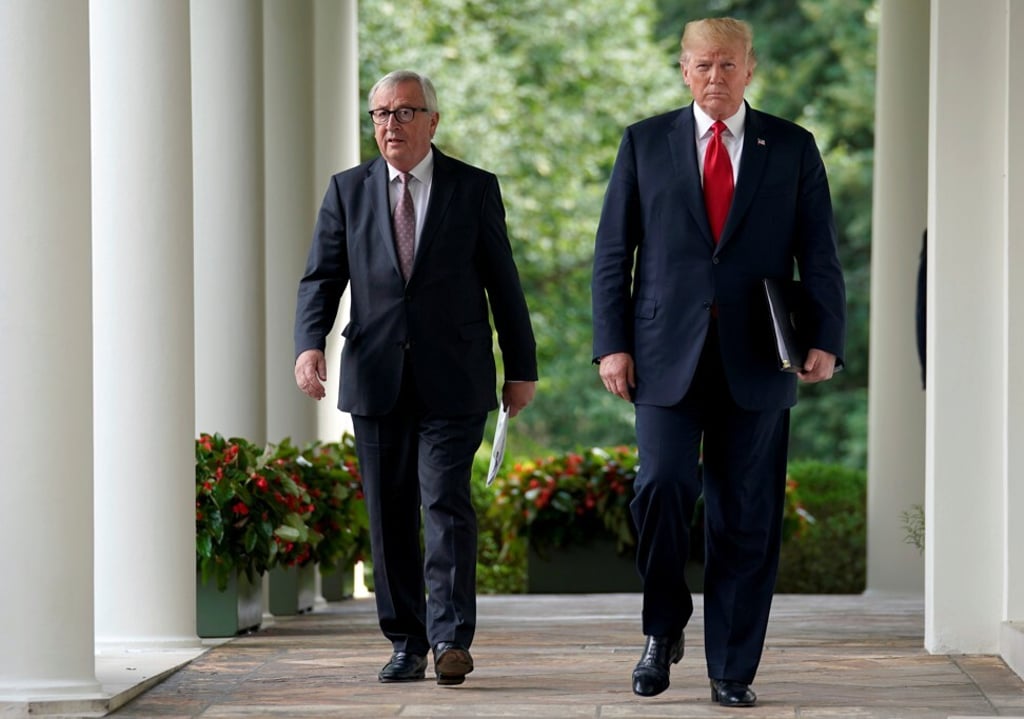Amid transatlantic tension, the EU has reason to reshape its relationship with China
- Just as China should make use of its investment deal with the EU to boost internal reforms, the EU could also see the agreement as an opportunity to deepen its relationship with China, at a time when European unity and economic stability are under stress

First, EU unity has come under growing pressure. In recent years, the stability of the EU economy has been challenged by the financial crisis, the sovereign debt crisis and the migrant crisis.
These issues have nourished a growing sentiment of Euroscepticism. Research by a team led by Matthijs Rooduijn, a political sociologist at the University of Amsterdam, has found that the number of people who voted for Eurosceptic parties has increased substantially in the past 20 years, from around 15 per cent at the beginning of the century to 33.32 per cent in 2019.
Second, the transatlantic relationship is witnessing change. For a long time, Europe has maintained close ties with the United States, but there is also competition and even conflict between the two.
These conflicts became more palpable after 2016 when Donald Trump came to power. The White House has a new leader in Joe Biden, due to be sworn in on January 20, but Trumpism will linger. If Britain needs time to repair the rift with the EU after Brexit, it is uncertain how long it will take the US to rebuild trust with the EU after the era of the Trump administration.

